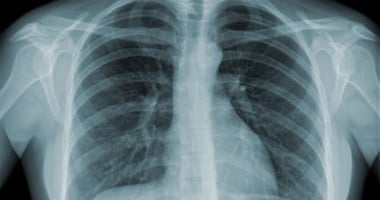For patients with severe and mental illness that has persisted over many years, a psychiatrist may...
Measuring Mental Illness Recovery Will Require More Precise Instruments
 |
"No recovery measure can currently be unequivocally recommended....," Mike Slade, Psych.D., Ph.D., a professor at the Institute of Psychiatry, King's College, London, and colleagues report in Psychiatric Services in Advance. They came to this conclusion after systematically searching for and evaluating research papers on the subject. However, the best recovery yardstick appears to be the Questionnaire About the Process of Recovery, which was developed in the United Kingdom and measures recovery processes such as connectedness, hope, identity, meaning, and empowerment, the researchers report. The most-published instrument is the Recovery Assessment Scale, developed in the United States, which measures recovery processes such as self-confidence, hope, success orientation, and willingness to ask for help.
Information about individuals who have recovered from serious mental illness can be found in Psychiatric News here and here. For more on the topic, see American Psychiatric Publishing's Recovery From Disability: Manual of Psychiatric Rehabilitation.
(Image: Sam72/Shutterstock.com)




